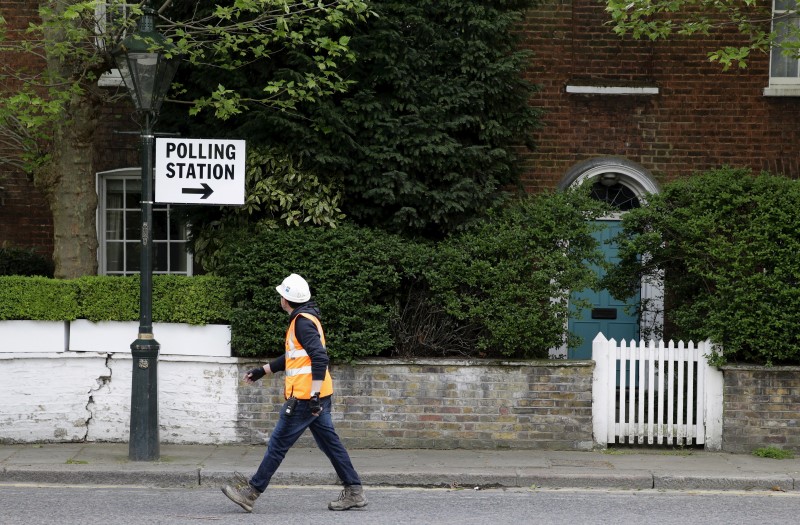LONDON (Reuters) - Dozens of British MPs face uncertain futures under proposals by an independent commission charged with cutting the number of parliamentary seats.
The Boundary Commission for England unveiled its proposals on Tuesday to meet parliament's decision to cut the number of constituencies, or voting areas, to 600 from 650 in Britain to make sure the number of voters in each region is similar.
Opposition Labour MPs say they will oppose the changes, arguing they disproportionately affect the left-leaning party.
The proposals are not final: they will be debated by the public before being presented to parliament in 2018. They are aimed at creating constituencies of 71,000 to 78,500 voters, compared with a current range between 55,000 and 95,000.
"Today's proposals mark the first time people get to see what the new map of parliamentary constituencies might look like," Sam Hartley, secretary to the Commission, said in a statement.
"Parliament has set us tight rules about reducing the number of constituencies, and making them of more equal size, and we now need the views of people around the country to help us shape constituencies that best reflect local areas."
The commission said England will lose 33 constituencies. Media have suggested this could threaten the jobs of leading politicians including former Conservative Chancellor George Osborne and Labour leader Jeremy Corbyn.
A spokesman for Corbyn disputed the reports, saying he still had a claim to the redrawn boundaries in north London. Osborne could not be reached for comment.

Robert Haywood, an analyst and member of the upper house of parliament, has said Labour could lose up to 30 seats, with the ruling Conservative Party set to see between 10 and 15 of its seats disappear.